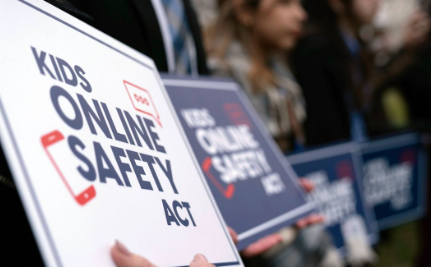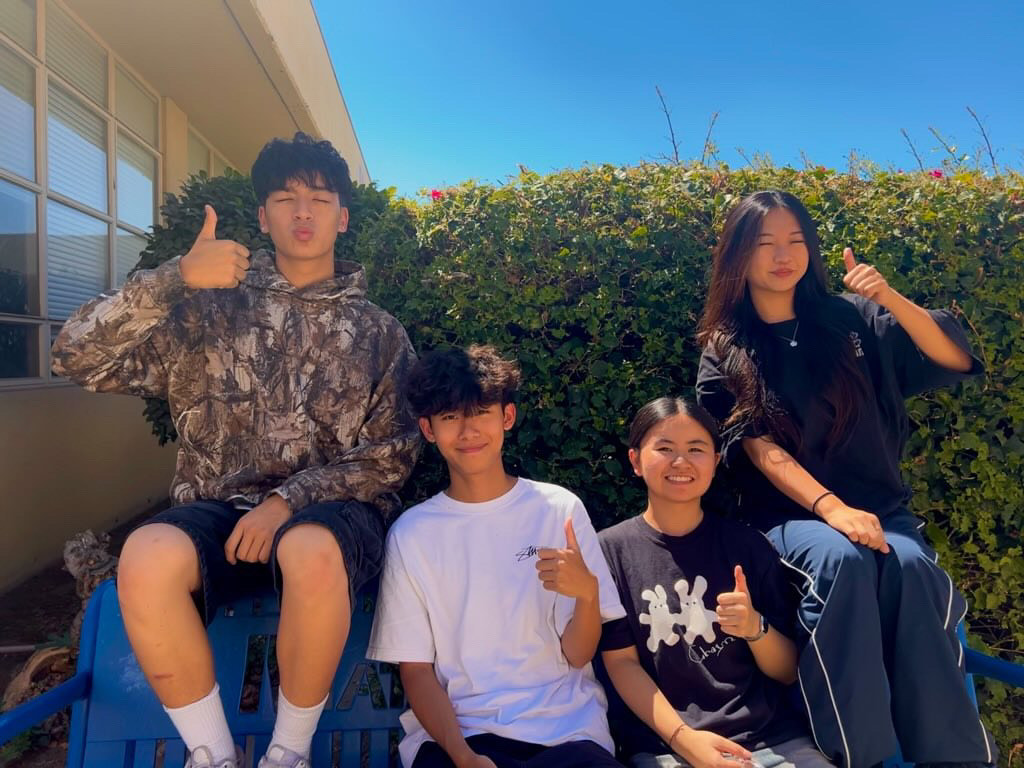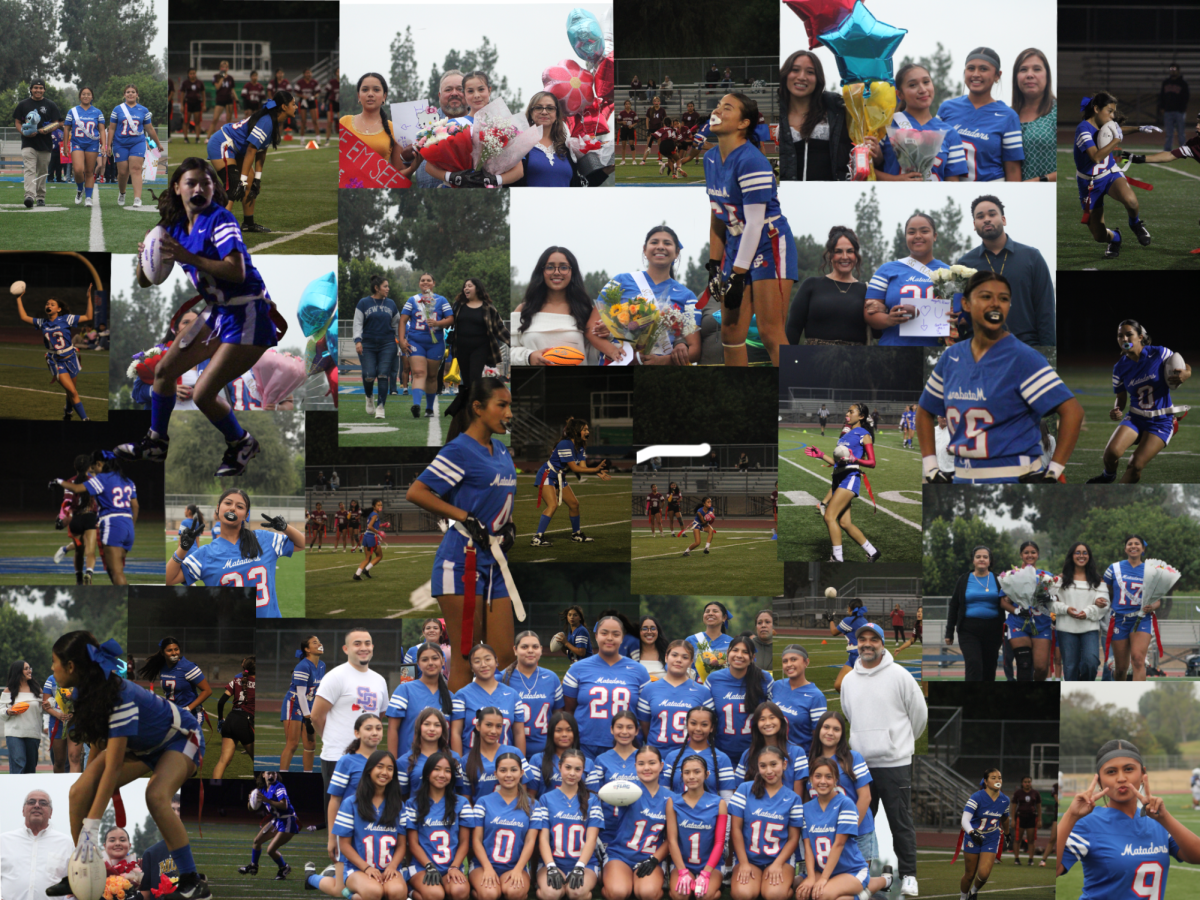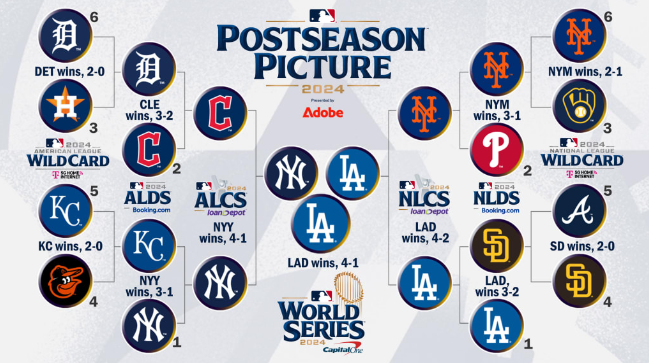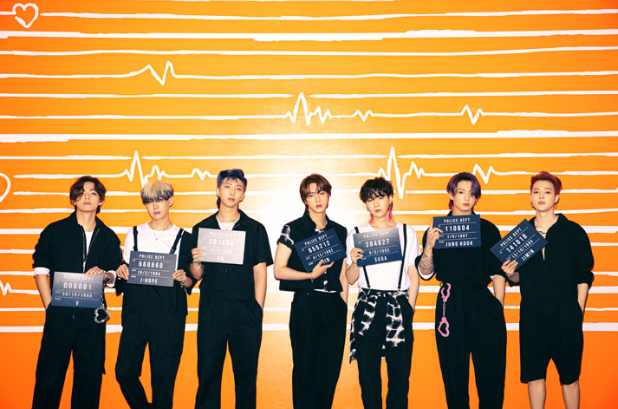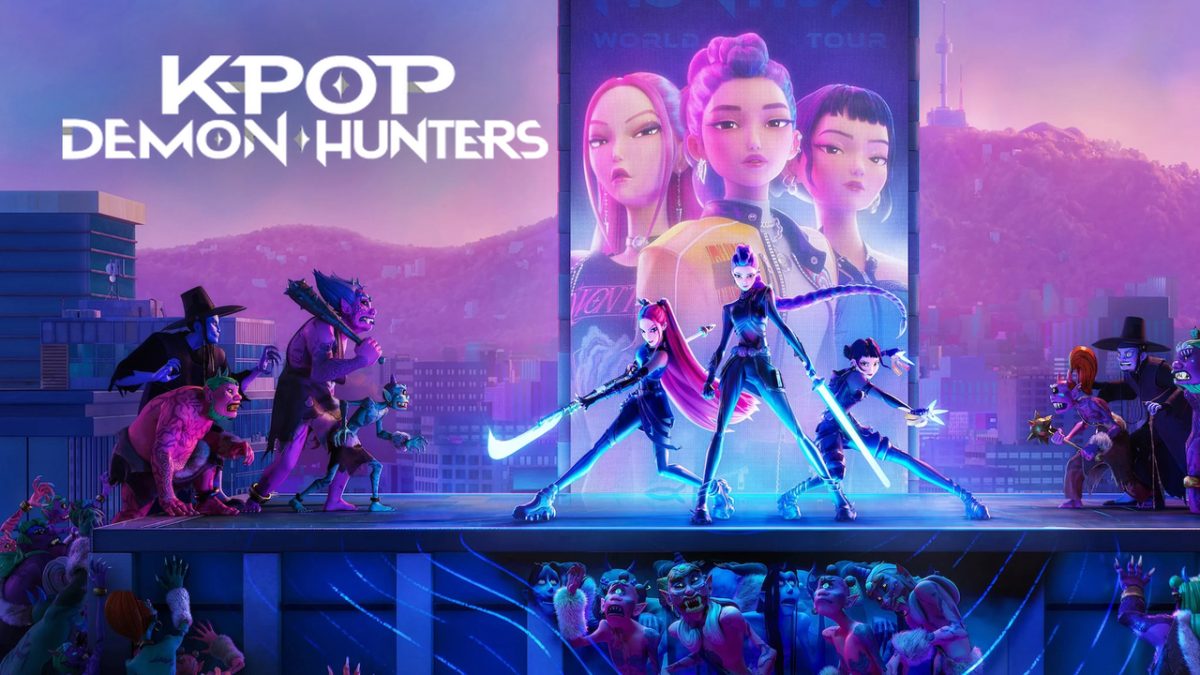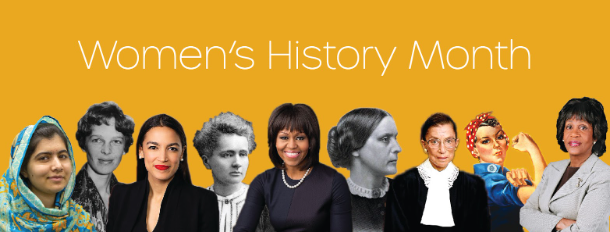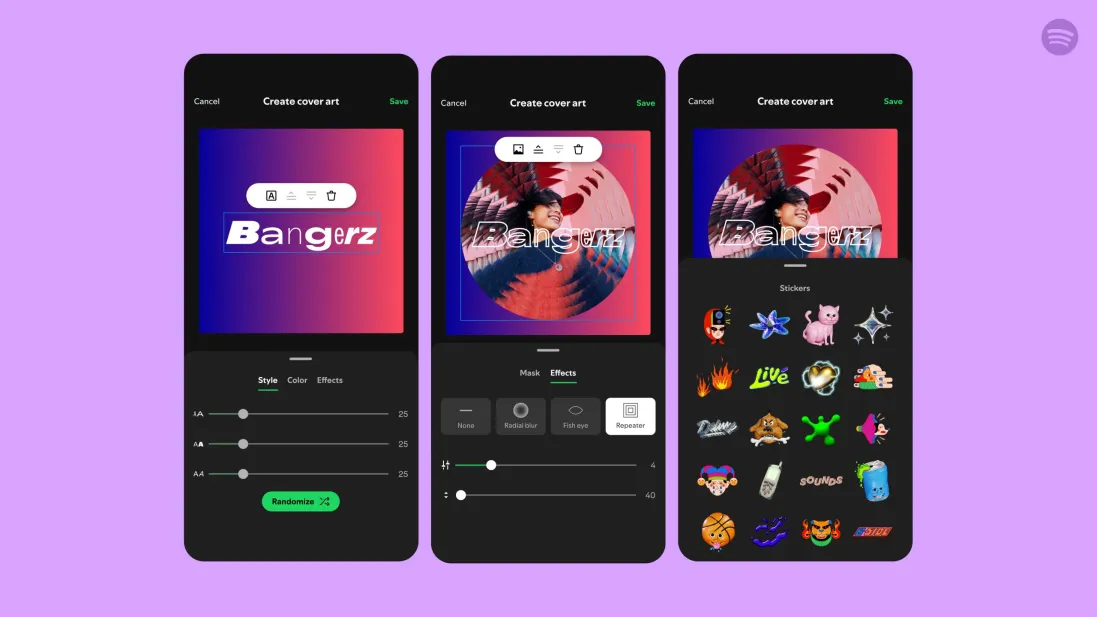In the digital world, one term can invoke fear in online individuals. It is called cancel culture. Cancel culture is the public shaming & and criticism of figures, businesses, or groups for statements or harmful actions.The said statements or actions are seen as their wrongdoings, and groups online seek correction. Cancel culture has been prevalent in all forms of social media, holding corporations and people accountable for things deemed offensive.
Cancel culture isn’t something that only exists inside the computer screen. It reaches outside your screen. By sharing posts, it may seem that cancel culture is simply criticizing one figure for a perceived offense, spread by one user expressing their dissatisfaction so that many would agree on what was wrong, but its impact is what many people may miss. Boycotts are organized. Apologies are made in response to backlash and changes are made. Public support can be ended and jobs can be lost. Cancel culture affects things in the real world too and is not just an opinion inside your screen. A demonstration of cancel culture is one influencer tweeting a racist statement, and as a result, their followers stop their support. Their following drops and they lose their brand deals.
Cancel culture has been a topic of controversy and debate. Supporters explain that it forces accountability, encourages better behavior, and brings awareness as to what one did. Challengers of cancel culture explain that cancel culture may result in unnecessary and unfair punishment, limits on freedom of one’s voice, and beliefs of it sometimes even leading to inaction due to the focus of creating backlash rather than real change. Cancel culture has always had two clashing sides, arguing on fairness and power and possible impact it could have on the digital and real world.
Cancel culture doesn’t have a simple definition as many people sought it out to be. It isn’t just expressing what one takes offense to. It is complex. Cancel culture can either be unnecessary punishment, or a fair consequence that can serve online justice. It can leave a positive impact by bringing light to severe crimes that bring careers to an end. It can ruin one’s reputation over an old offensive joke. Cancel culture can have a large impact, either negative or positive, holding people and groups accountable for their actions, or unnecessarily hurting one’s reputation and disproportionately punishing them. It is important to acknowledge both sides of the debate, as call-out culture may have pros and cons and may not be fully bad or good.


